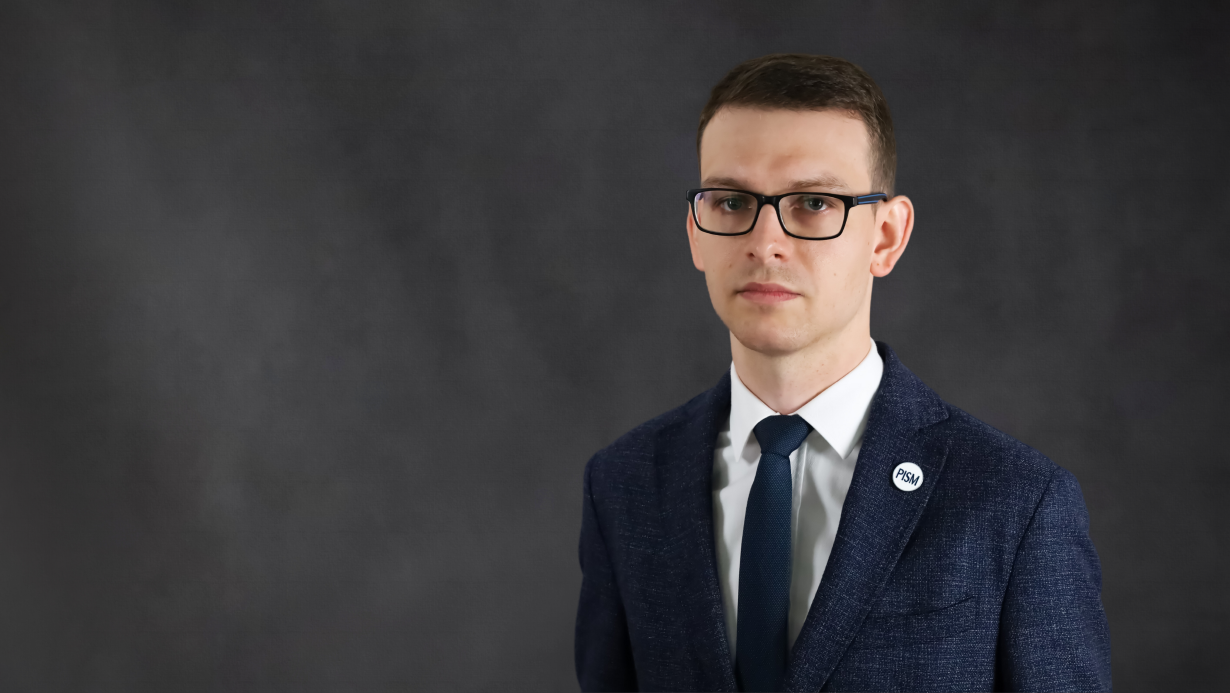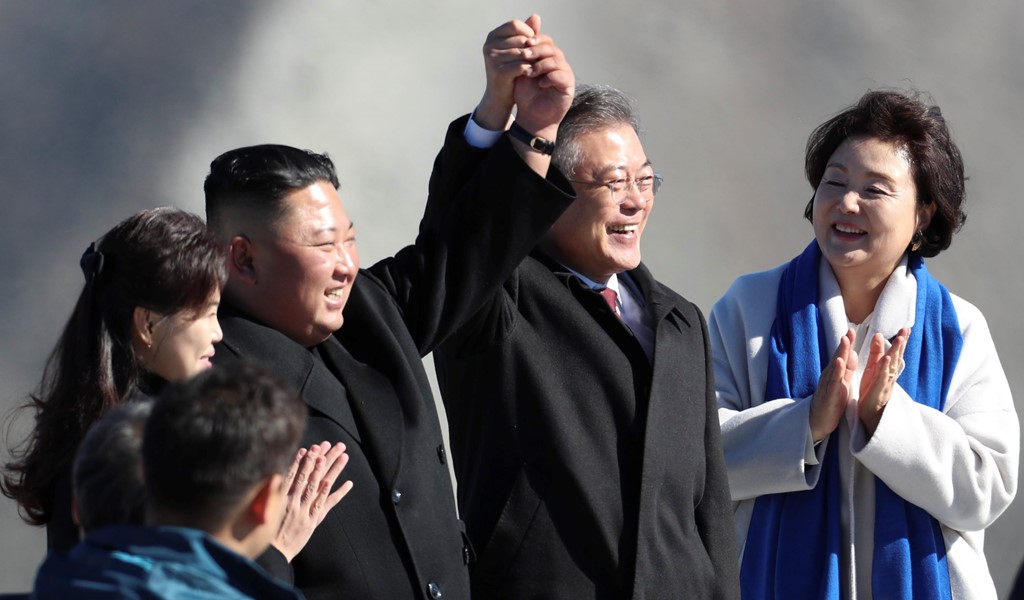Return of Inter-Korean Talks

Why did the talks take place now?
A resumption of the dialogue with North Korea had been sought by South Korean President Moon Jae-in since he took office in May 2017. Moon wanted to ensure that the 2018 Winter Olympics would be held peacefully in the South Korean city. During several unofficial meetings in December 2017, North Korean representatives agreed to talk about the participation of their athletes in the games. This was confirmed by North Korean leader Kim Jong-un in his 2018 New Year’s speech, in which he proposed sending a North Korean delegation to Pyeongchang and resuming the inter-Korean dialogue. South Korea agreed to this proposal and persuaded the U.S. to postpone joint military drills that usually start in late February or early March until after the Olympics. This was an additional incentive for the North to start the talks, which were held on 9 January.
What was the meeting about?
North Korea has decided to send delegation of high-level officials, athletes, sport officials, supporters, cheerleaders, art performers, and press to the Winter Olympics. Both South and North agreed on the need to reduce tensions in mutual relations. To this end, they agreed to hold military talks. North Korea has already restored the military hotline in the Yellow Sea to prevent clashes along the disputed maritime border. The general nature of the declaration to resolve issues in their mutual relations shows that beyond the ones mentioned above, the parties have not been able to establish a deeper list of topics for discussion. North Korea has explicitly rejected the possibility of talks with South Korea about the nuclear issue.
What does North Korea want?
North Korea wants to take part in the Winter Olympics and maintain the inter-Korean dialogue. The restoration of inter-Korean border communication channels, such as another hotline in Panmunjom, allows regular contact with the South. The North Korean authorities treated the first meeting as an introduction to talks on other topics, such as tourism, cultural, and economic exchanges. Establishing cooperation with South Korea in these areas could alleviate the U.S.-led policy of pressure and sanctions against North Korea. By appealing for concessions from South Korea, the North is seeking to undermine the cohesion of the U.S.-South Korea alliance. At the same time, North Korea’s conciliatory attitude should be interpreted as only a tactic to temporarily calm the situation on the peninsula.
What does South Korea want?
As host of the 2018 Winter Olympics, South Korea wants above all to ensure the security of the event and, consequently, to reduce the tensions on the Korean Peninsula. The resumption of the dialogue with North Korea is also consistent with Moon’s policy, which treats inter-Korean talks to stabilise the situation and, as a result, increase the influence of South Korea on the peninsula. Initiating the talks with North Korea also serves to test the limits of the openness to discuss other issues, such as the resumption of reunions of family members separated by the 1950-1953 Korean War. If North Korea maintains a conciliatory attitude after the Games end, it may warrant further South Korean proposals to discuss cultural and economic exchanges, and possibly even the North Korean nuclear programme.
What’s next?
In the coming days, further meetings and talks on the details of North Korea’s participation in the Winter Olympics will take place. This will entail the temporary suspension of certain South Korean sanctions on North Korea, such as lifting the ban on members of the North Korean delegation from entering South Korean territory. Meanwhile, planned inter-Korean military talks will be aimed at avoiding possible misunderstandings and border clashes during the Games. In the short term, economic issues, such as the resumption of the Kaesong industrial complex, closed in 2016, will not be discussed, since doing so would violate UN Security Council resolutions. With North Korea uncompromising on the nuclear and missile issue, discussions on those subjects are also excluded.




